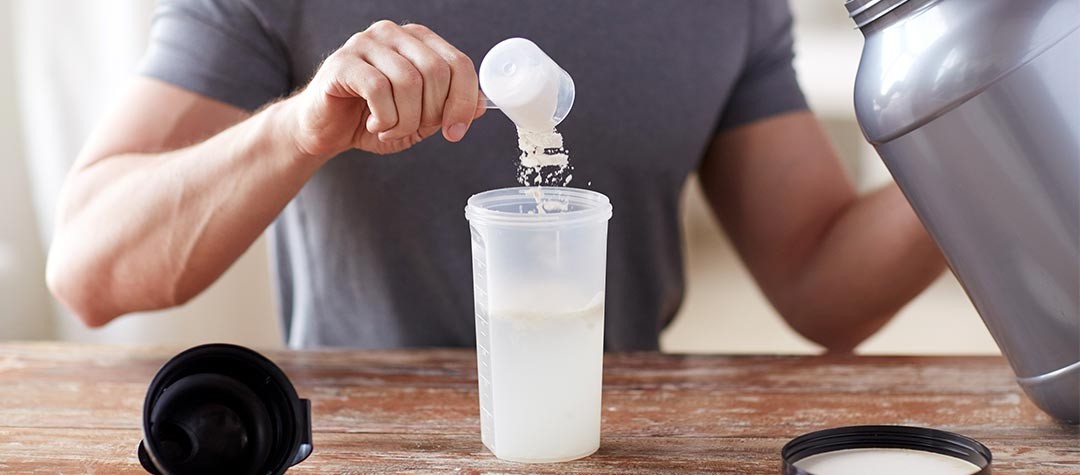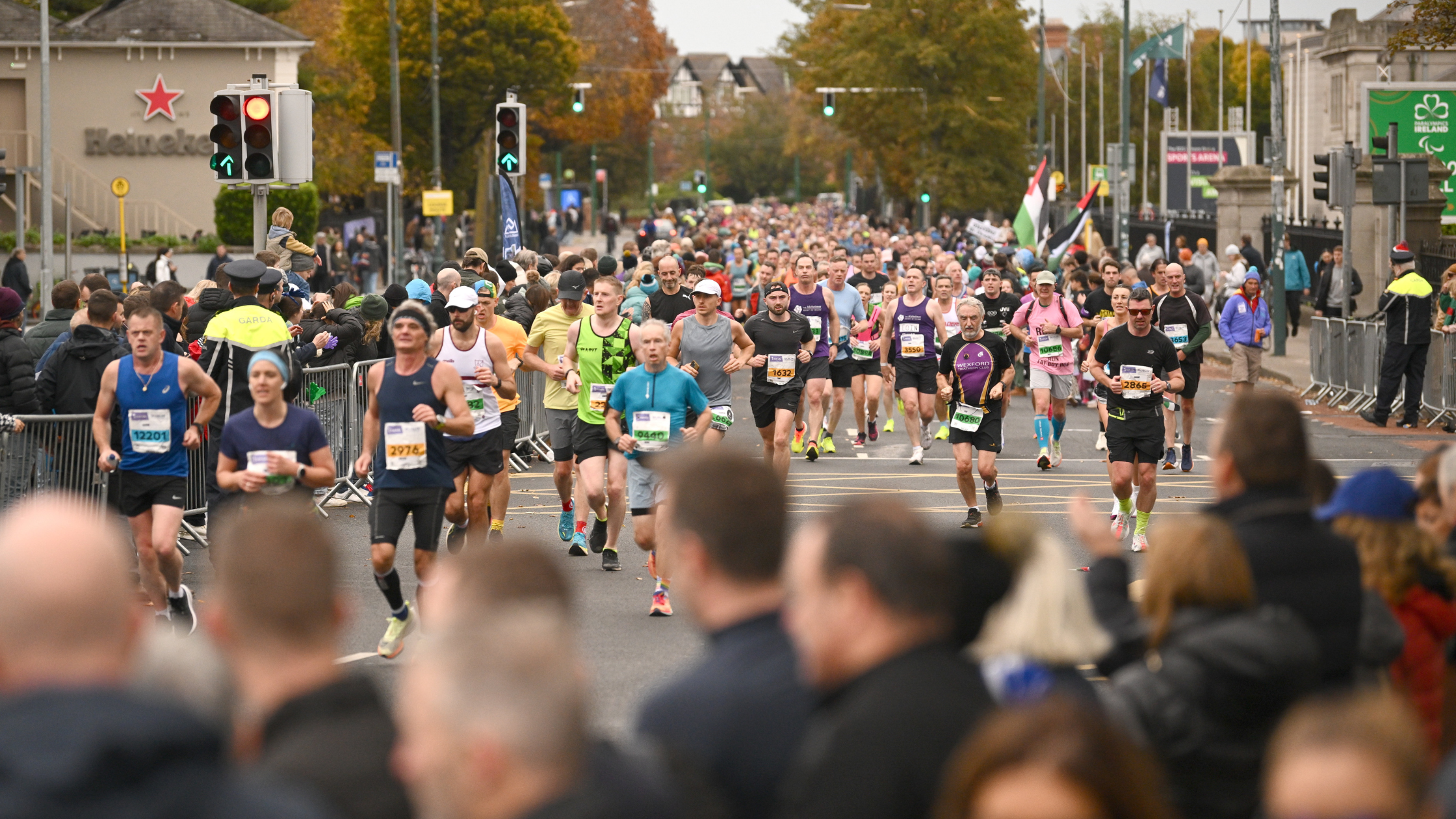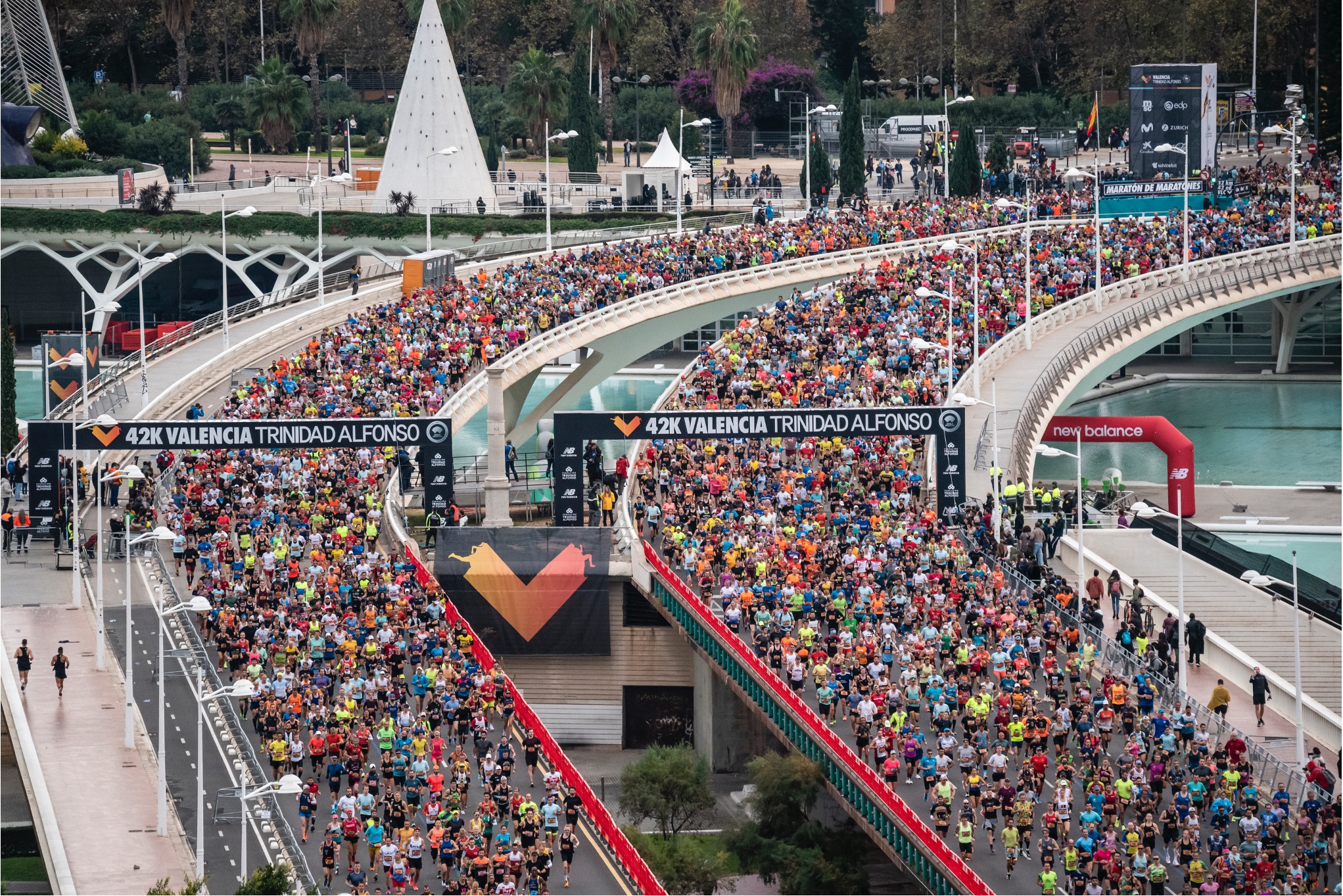With the high carb, low fat versus low carb, high fat diet debate rumbling on, protein is the one micronutrient that hasn't received any bad press. However, just how important is it to runners?
During exercise muscle tissue is broken down at a cellular level. Muscle is essentially made up of protein and therefore protein is essential for muscle repair and therefore recovery. Most moderately active adults have no problems meeting their protein requirements through their daily diet, so if you run once or twice a week your protein intake is likely to be adequate.
However, if you’re running more than this then protein intake is key to ensure that you optimise both training adaptations and recovery. The amount of protein that you need will depend on your level of training. The latest guidelines recommend consuming 0.25g of protein per kilogram of bodyweight 3-6 times a day. Little and often is best!
Muscle is essentially made up of protein and therefore protein is essential for muscle repair and therefore recovery.
So, which sources of protein are the most runner friendly?
1. Whey protein
Whey protein isolate is an isolated milk protein and is arguably the closest thing to a perfect protein source as it has the highest biological value in terms of quality of any protein. Numerous studies have found that whey protein supplementation accelerates post-workout recovery, enhances muscle performance, and even promotes weight loss by reducing appetite . You can find whey protein isolate in a variety of powdered forms and sports nutrition bars.
2. Nuts
Nuts provide an excellent source of protein and are high in vitamin E which helps to prevent free-radical damage to muscles. Their high omega 3 content also helps to reduce inflammation. Yes, they are high in fat but it is good (unsaturated) fat, which is thought to help to reduce fatigue in athletes.
3. Lean meat
Lean meat such as chicken or turkey makes a great protein source for runners. It's also packed full of B vitamins which help convert carbohydrate into fuel.
4. Greek yogurt
Greek yogurt makes an ideal recovery food. It has a high protein content, typically containing twice as much protein as normal yogurt and there are fat-free versions available too.
5. Milk
Milk contains natural whey protein. This means that it is readily digestible and is absorbed into the body quickly, allowing for a faster recovery from exercise . In fact studies have shown that consuming chocolate milk post exercise can increase protein synthesis (the repair and rebuilding of muscle) for several hours afterwards.
500ml of chocolate milk typically contains 50g of carbohydrate and 20g of protein, making it an excellent post-run choice. It’s also a great source of minerals and electrolytes so it’s ideal for rehydrating post run too.
6. Tuna
Tuna is packed with protein as well as being an excellent source of B vitamins, Vitamin D and minerals such as selenium, phosphorous, potassium and magnesium.
7. Eggs
One egg contains 7g of protein as well as a host of essential maintains and minerals, including iron and Vitamin D. Whether you eat them scrambled, poached, hard boiled or in an omelette, eggs make an excellent post-run fuelling option.
8. Nut butter
Top your toast with nut butter – peanut, cashew or almond, to hit your protein requirements and for the added bonus of essential nutrients such as calcium, iron, magnesium, phosphorus and vitamin E. When it comes to protein intake it would seem that there is no magic target figure that every runner must hit every day. The timing of protein intake is arguably more important than the amount of protein consumed.
Numerous studies have demonstrated that exercise-induced muscle damage is reduced when protein is consumed immediately before and during workouts and that muscle repair is stimulated most rapidly when protein is consumed immediately after workouts. However, don't fall into the trap of thinking that more is better; a total of 20 grams of protein in the first hour after exercise is as much as the body can use for immediate recovery.














